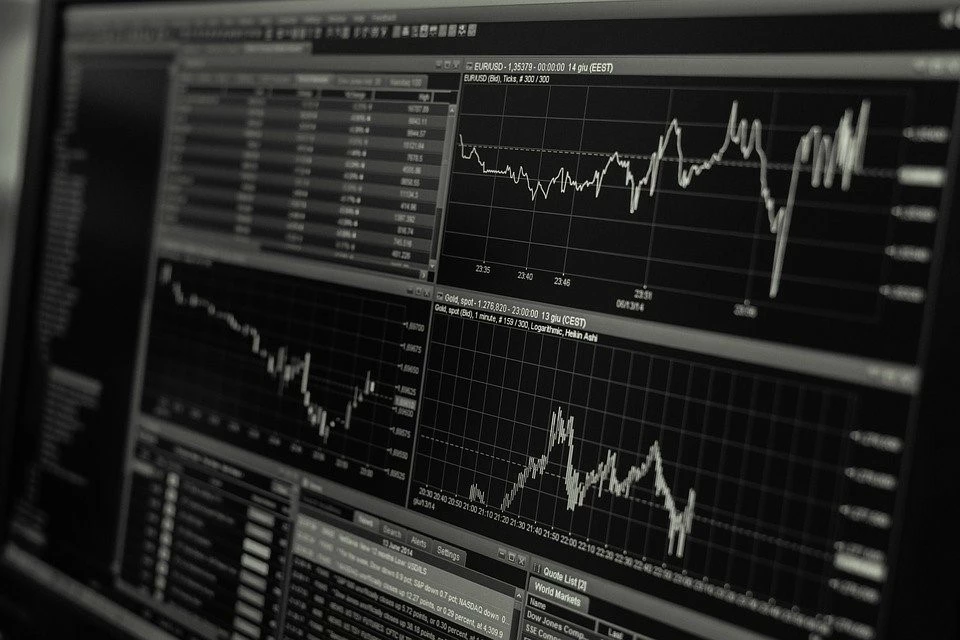
Partner Article
Anxious investors are less likely to go bankrupt, according to new research
Anxious investors are less likely to experience extreme losses and go bankrupt, according to new research by emlyon business school.
The study, conducted by Brice Corgnet, Professor of Finance at emlyon, in collaboration with Camille Cornand, Research Professor in Economics at GATE CNRS and Nobuyuki Hanaki , Professor of Economics at Institute of Social and Economic Research, Osaka University found that in times of uncertainty, a certain level of anxiety when investing could actually protect us from extreme events – such as dramatic losses caused by a global pandemic.
This is because investors who were more emotional offered lower bids and were less likely to suffer extreme losses and bankruptcy than their less emotional and more risk-taking counterparts.
These anxious, risk-averse investors also made higher profits when extreme events were more frequent, which contrasts the common view that investors need to control their emotions at all times and not let these cloud their investment decisions.
“Many people will find it surprising that being anxious could improve investing, this is a complete contrast to what we are usually told – that those who are more likely to take risks will be more successful – and in normal circumstances that may be the case, but during uncertain times, being anxious is what could save your company,” says Professor Corgnet.
In the experiment, participant’s emotions were monitored by electrodermal activity and were tasked with placing 300 successive bids to acquire a financial asset that offered a positive reward. These bids however also had the potential to have a large loss that could wipe out the participants accumulated earnings and bankrupt them.
“When people exhibit anxiety, they tend to take on fewer risks which, in our experiment, protects them against bankruptcy. For that reason, investors who exhibit anticipatory emotions do very well in our experiments,” says Professor Corgnet.
The research also revealed that emotions such as anger and fear, have different effects – investors who show anger are more likely to increase their bids, whereas those who show fear decrease their bids.
The effect of emotions on financial decisions is therefore particularly complex since a negative event, such as COVID-19, can have completely different effects on investors.
This was posted in Bdaily's Members' News section by Peter Remon .






 B Corp is a commitment, not a one-time win
B Corp is a commitment, not a one-time win
 Government must get in gear on vehicle transition
Government must get in gear on vehicle transition
 A legacy in stone and spirit
A legacy in stone and spirit
 Shaping the future: Your guide to planning reforms
Shaping the future: Your guide to planning reforms
 The future direction of expert witness services
The future direction of expert witness services
 Getting people into gear for a workplace return
Getting people into gear for a workplace return
 What to expect in the Spring Statement
What to expect in the Spring Statement
 Sunderland leading way in UK office supply market
Sunderland leading way in UK office supply market
 Key construction developments in 2025
Key construction developments in 2025
 Mediation must be part of planning process
Mediation must be part of planning process
 From apprentice to chief financial officer
From apprentice to chief financial officer
 Don't stifle growth with apprenticeship cuts
Don't stifle growth with apprenticeship cuts